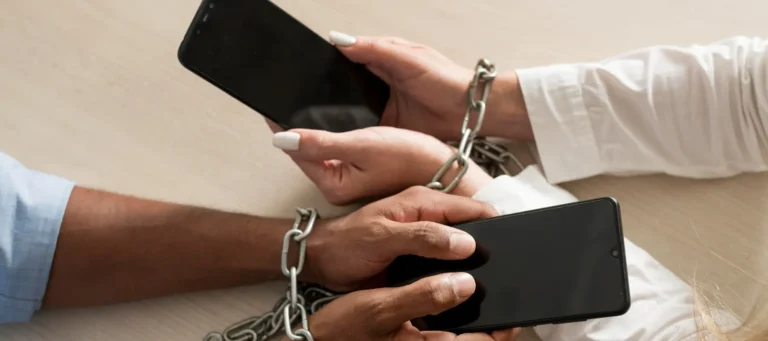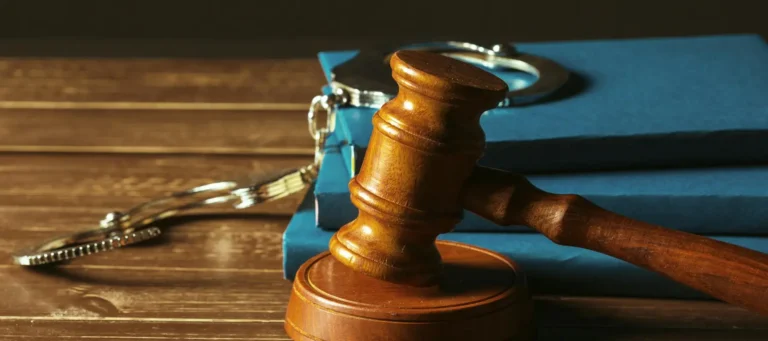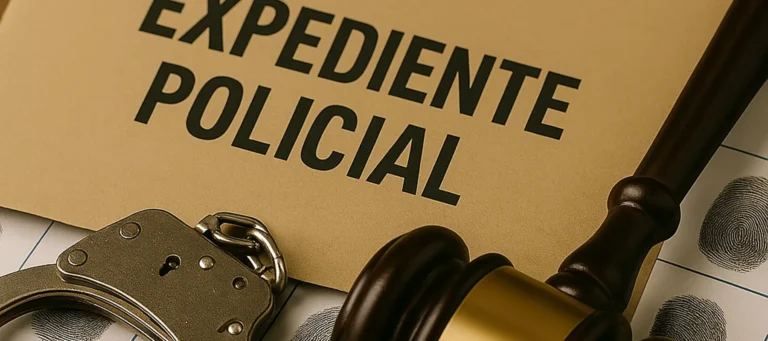The right to remain silent is one of the core principles of criminal law in Spain. Yet, despite its importance, many people — especially foreigners — are unaware of it or don’t know how to use it properly.
Can I stay silent before a judge? Will it hurt my case if I don’t speak? What if I’m a witness? At Legal Allies, we break it down without legalese, with examples and practical strategies, so you don’t shoot yourself in the foot — by talking… or by staying too silent.
What is the right to remain silent?
The right to remain silent means you can refuse to answer police, prosecutors, or judges, and your silence cannot be used as evidence of guilt. It is protected under Article 24.2 of the Spanish Constitution and the International Covenant on Civil and Political Rights.
This means:
- No one can force you to testify against yourself.
- You are not required to prove your innocence.
- You can’t be punished for refusing to cooperate in your own incrimination.
Yes, just like in the movies: “You have the right to remain silent. Anything you say can be used against you.” But here, it’s even more critical — your entire criminal case could hinge on what you say.
Who can exercise this right?
Defendants or suspects
If you’re accused of a crime, you may:
- Stay completely silent.
- Speak only before the judge, not the police.
- Talk only when it benefits you, and at your chosen moment.
Witnesses with family ties
If you’re a witness but also:
- The partner of the accused,
- Their parent, child, or sibling,
…you can also refuse to testify, even if you’re not the accused. This is called a legal exemption from the duty to testify.
When should you remain silent?
Here’s where it gets interesting: silence is strategic. Speaking “because I’m innocent” is not always the best move. Often, testifying without clear legal advice or evidence can backfire.
Recommended situations to stay silent:
- You don’t have a lawyer or clear legal advice.
- You’re nervous, confused, or scared.
- You don’t know what evidence exists against you.
- You’ve just been arrested and are in shock.
- You’re being charged with something you don’t fully understand.
In these cases, using your right to remain silent is a protective shield.
What if I already talked to the police?
No worries — statements made at the police station are not binding. You can change your version (with a solid strategy) when appearing before a judge, who will give more weight to that declaration.
At Legal Allies, we’ve seen many foreign clients confess out of fear, language barriers, or signing things they didn’t understand — and then we’ve had to undo that damage in court.
Can silence hurt me?
No. The law doesn’t allow judges or prosecutors to assume guilt from your silence.
However:
- Misusing this right (like refusing to speak and then holding a press conference…) can hurt your credibility.
- Changing your version too often can create unnecessary doubts.
That’s why the best strategy is to decide — with a criminal lawyer — when to talk, how to talk… or if to stay silent.
Do foreigners also have the right to remain silent?
Absolutely. Many international residents or students speak up without understanding what’s going on, or without an official interpreter — often out of fear or pressure from police.
Be careful! If you don’t fully understand your legal situation, don’t say anything. You have the right to:
- An interpreter,
- A lawyer,
- And of course, to remain silent.
At Legal Allies, we’ve defended people from over 40 countries, and our first advice when you’re arrested or summoned is: DO NOT SPEAK WITHOUT A LAWYER PRESENT.
Is the right to remain silent only for trials?
No. You can use this right:
- When you’re arrested.
- At the police station.
- Before the investigating judge.
- In court.
And you can exercise it fully or partially:
- Stay completely silent.
- Only answer your lawyer, not the prosecutor.
- Refuse to answer certain questions.
Real Case Example
One of our clients was mistakenly accused of theft (a mix-up with someone else in a store). The police pressured her to “confess so things would go faster.” She used her right to remain silent, waited for her lawyer, and later — with store camera footage — we proved it wasn’t her. Case dismissed, and she didn’t say a single word.
The right to remain silent is a powerful tool. Used correctly, it can protect you from wrongful convictions, irreversible mistakes, and damage to your criminal record.
Speaking out of fear, nerves, or pressure can be costly. Staying silent — with strategy and legal support — is sometimes your best defense.
If you’ve been summoned to testify or have been arrested and don’t know what to do, Legal Allies is here for you from the very first minute. We advise you in your language and defend your rights.




